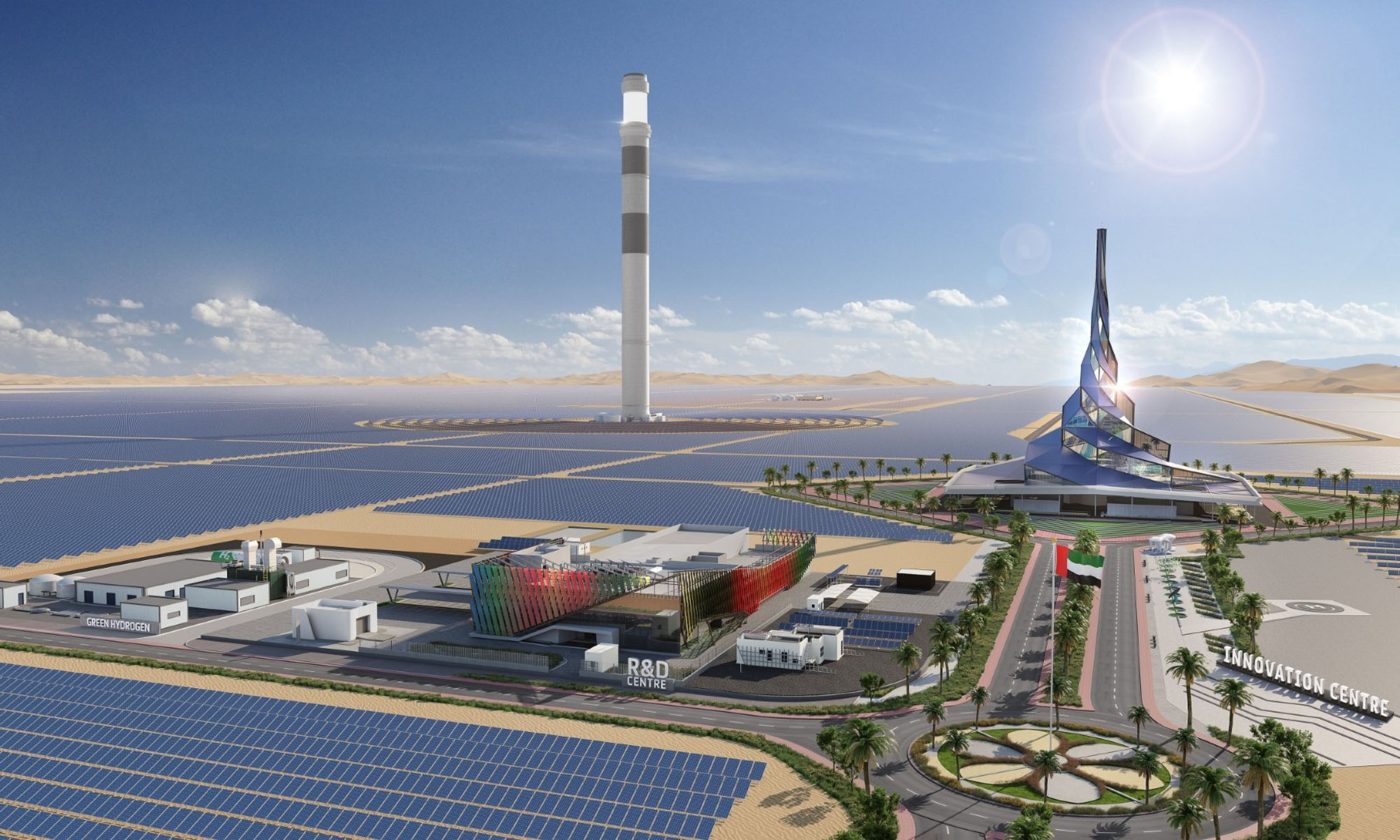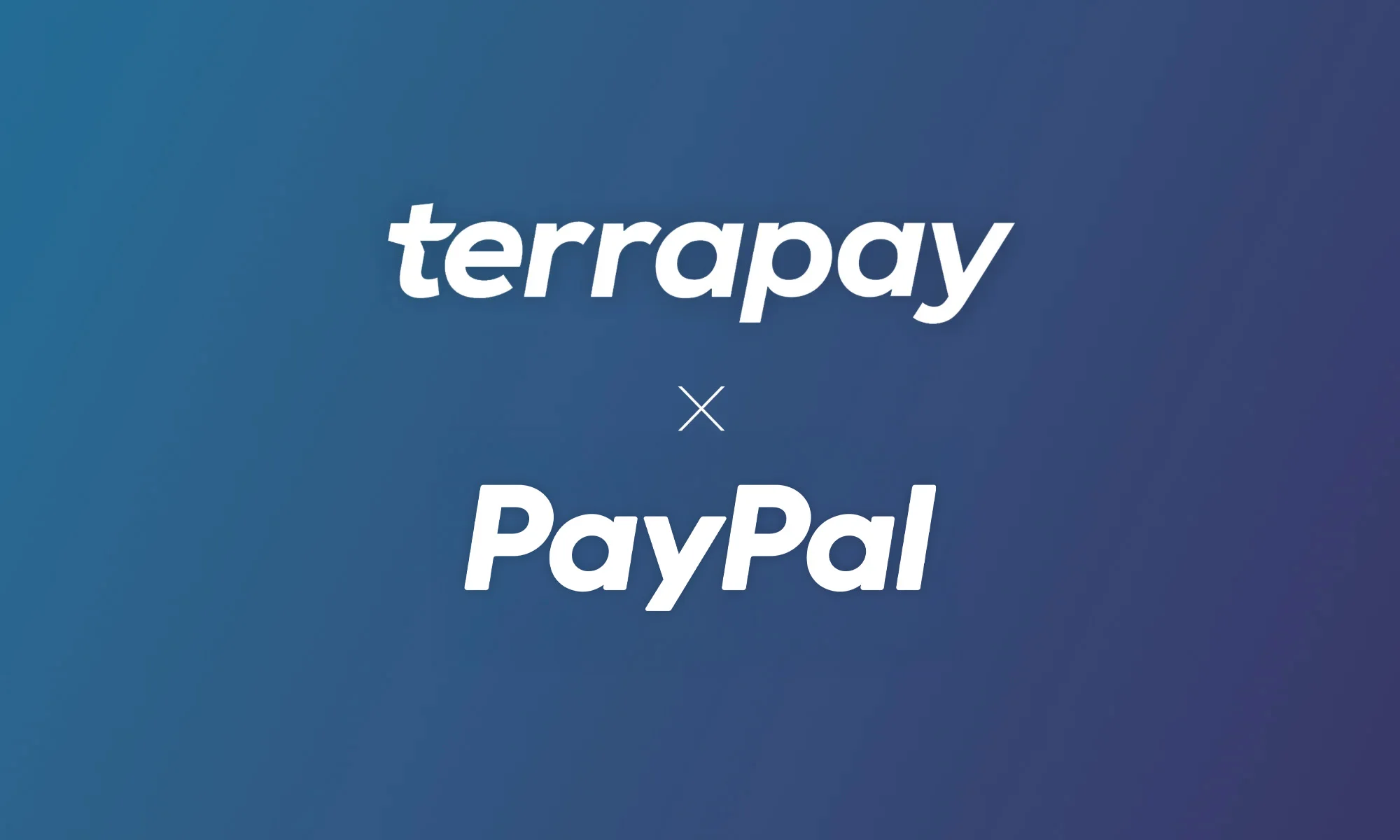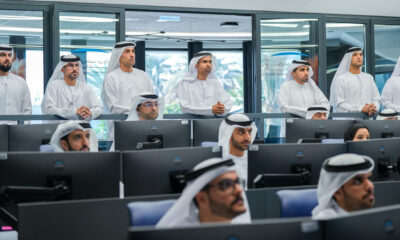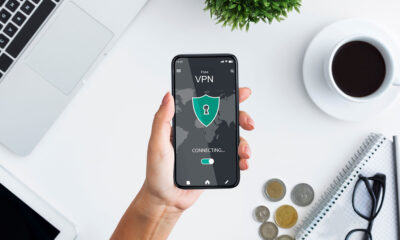News
Masdar To Begin Sixth Phase Of Dubai’s Massive Solar Park
The project will add 1,800 megawatts of power, making Rashid Al Maktoum Solar Park the largest single-site facility in the world.

With the United Arab Emirates setting an ambitious goal to generate 25% of its energy from renewables by 2030 and 100% by 2050, the government has awarded $1.5 billion to Masdar to build phase six of the Mohammed bin Rashid Al Maktoum Solar Park.
“When completed, the solar park will reduce over 6.5 million tonnes of carbon emissions annually,” said Saeed Mohammed Al Tayer, MD & CEO of DEWA.
The total capacity of solar generation at the site has now reached 2,427 MW. With the latest phase adding another 1,800 megawatts, total production capacity will soon be boosted to 4,660 MW, making the park the largest single-site facility in the world.
Also Read: USB-C Will Be Mandatory From 2025 For All Saudi Smart Devices
Phase five of the Rashid Al Maktoum Solar Park was inaugurated in June and is expected to power 270,000 homes and offset over 1 million tonnes of CO2 annually.
“We are striving to achieve the vision of His Highness Sheikh Mohammed bin Rashid Al Maktoum, Vice President and Prime Minister of the UAE and Ruler of Dubai, to transform Dubai into a global hub for clean energy and green economy,” said Al Tayer.
News
PayPal & TerraPay Join Forces For Cross-Border MENA Payments
The collaboration will be especially helpful in regions where traditional banking infrastructure is limited or inconsistent.

PayPal has teamed up with TerraPay to improve cross-border payments across the Middle East and Africa. The move is designed to make it easier and faster for users to send and receive money internationally, especially in regions where traditional banking infrastructure can be limited or inconsistent.
The partnership connects PayPal’s digital payments ecosystem with TerraPay’s global money transfer network. The goal is to streamline real-time transfers between banks, mobile wallets, and financial institutions, significantly improving access for millions of users looking to move money securely and efficiently.
Through the partnership, users will be able to link their PayPal accounts to local banks and mobile wallets using TerraPay’s platform. This means faster transactions and fewer barriers for individuals and businesses across the region.
“The Middle East and Africa are at the forefront of the digital transformation, yet financial barriers still limit growth for many,” said Otto Williams, Senior Vice President, Regional Head and General Manager, Middle East and Africa at PayPal. “At PayPal, we’re committed to changing that […] Together, we’re helping unlock economic opportunity and build a more connected, inclusive financial future”.
For TerraPay, the deal is a chance to scale its reach while reinforcing its mission of frictionless digital transactions.
“Our mission at TerraPay is to create a world where digital transactions are effortless, secure, and accessible to all,” said Ani Sane, Co-Founder and Chief Business Officer at TerraPay. He added that the partnership is a major milestone for enhancing financial access in the Middle East and Africa, helping businesses grow and users move funds with fewer limitations.
Also Read: A Guide To Digital Payment Methods In The Middle East
The integration also aims to support financial inclusion in a region where access to global banking tools is still uneven. With interoperability at the core, TerraPay can bridge the gap between different financial systems — whether that’s a mobile wallet or a traditional bank — making it easier to send money, pay for services, or grow a business across borders.
As the demand for cross-border payment options continues to rise, both PayPal and TerraPay are doubling down on their commitment to provide reliable, secure, and forward-looking financial tools for the region.
























